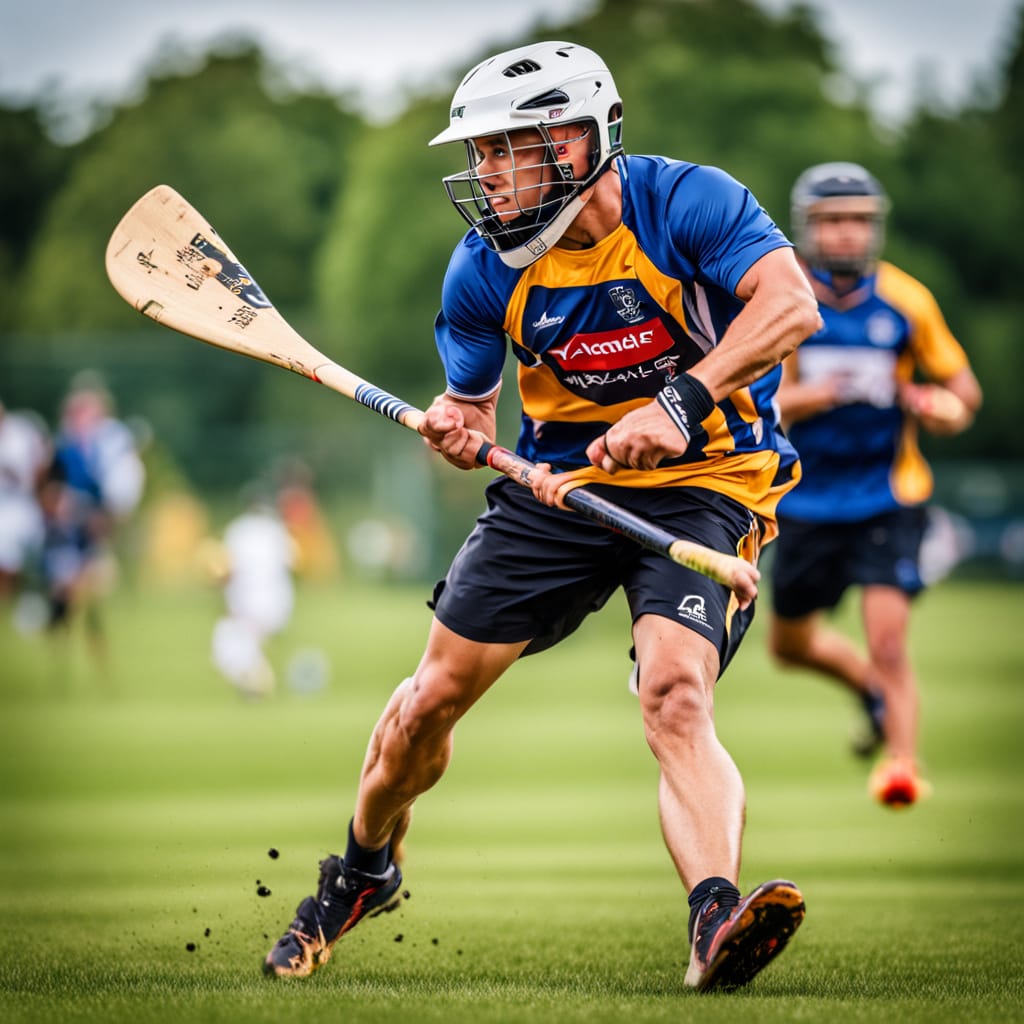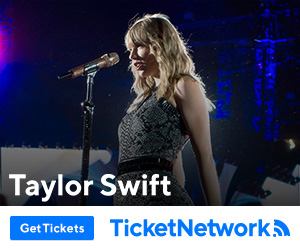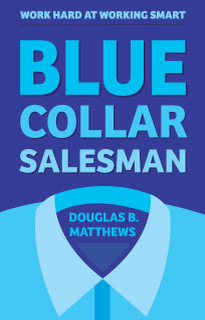
The Sport of Hurling: A Fascinating Tradition
Hurling is one of the oldest and most exciting sports in the world. With its roots in ancient Ireland, this fast-paced game has captivated audiences for centuries. Known for its high-speed action, hurling is often referred to as “the fastest field sport on earth.” Despite its origins in Ireland, the sport’s popularity has steadily expanded, attracting players and fans globally. From amateur leagues to professional organizations, hurling’s influence is undeniable. Its unique blend of history, culture, and athleticism makes it an extraordinary sport to explore.
Origin and History
The history of hurling dates back over 3,000 years, making it one of the oldest field games in existence. Ancient Irish legends and folklore often reference hurling. The game was mentioned in the tales of the Irish hero Cú Chulainn, who was said to have been an exceptional hurler. Early versions of the sport were deeply tied to Irish clans and communities, serving as both a form of entertainment and preparation for battle.
Hurling’s prominence continued through the medieval period, though it faced challenges during English rule in Ireland. Attempts to suppress Irish culture often targeted traditional games like hurling. Despite these efforts, the sport persisted as a symbol of Irish identity and resilience. The modern version of hurling began to take shape in the late 19th century. The Gaelic Athletic Association (GAA), founded in 1884, formalized the rules and structure of the sport. This development ensured hurling’s survival and growth into the 20th and 21st centuries.
Global Popularity
While hurling is most popular in Ireland, its influence has spread across the globe. Irish emigrants played a crucial role in introducing the sport to new regions. Today, hurling is played in countries such as the United States, Canada, Australia, New Zealand, and the United Kingdom. International competitions, including the GAA World Games, highlight the sport’s global reach.
In North America, the sport has gained traction through clubs organized by Irish expatriates. Major cities like New York, Chicago, and Boston boast active hurling communities. Australia and New Zealand have also seen growth in participation, particularly in cities with large Irish populations. In Europe, nations like Germany, France, and Belgium have embraced the sport, creating local leagues and tournaments.
Hurling’s global appeal is driven by its exciting gameplay and deep cultural roots. As more people discover the sport, international interest continues to grow. Social media and streaming services have further enhanced its visibility, allowing fans worldwide to watch matches and learn about the game.
Amateur Hurling Around the World
Amateur hurling plays a vital role in maintaining the sport’s traditions and fostering new talent. Local clubs and organizations are the backbone of the hurling community. These groups provide opportunities for players of all ages and skill levels to participate.
Youth hurling is especially important for the sport’s future. In Ireland, schools and local clubs work together to introduce children to the game. Programs like Célóg na n-Óg encourage young players to develop their skills in a supportive environment. Competitions for schools and youth teams are held regularly, ensuring a steady pipeline of talent.
Outside Ireland, amateur clubs often cater to both youth and adult players. In the United States, the North American GAA (NAGAA) oversees amateur hurling leagues. These leagues include players from diverse backgrounds, not just those of Irish descent. Similar structures exist in Australia, New Zealand, and Europe, where clubs promote the sport through regular training sessions and matches.
Amateur tournaments, such as the Continental Youth Championships in North America, bring together teams from different regions. These events celebrate the sport’s community spirit while showcasing emerging talent.
Professional Hurling Leagues
While hurling is primarily an amateur sport, the All-Ireland Senior Hurling Championship stands as its pinnacle. Organized by the GAA, this competition features county teams from across Ireland. Matches are played at iconic venues like Croke Park in Dublin, drawing massive crowds and millions of viewers.
In addition to the All-Ireland Championship, the National Hurling League offers a competitive platform for teams. This league runs from spring to early summer, serving as a precursor to the championship season. Both competitions highlight the skill and dedication of hurling’s top players.
Though professional leagues outside Ireland are limited, efforts to expand the sport’s reach are ongoing. Exhibitions and friendly matches in the United States and other countries help showcase hurling’s intensity to new audiences. The growth of international tournaments, such as the GAA World Games, further demonstrates the sport’s potential on a global stage.
Political and Social Significance
Hurling holds immense political and social significance, particularly in Ireland. During times of political oppression, the sport served as a symbol of national identity and resistance. The GAA’s establishment in the 19th century was a deliberate effort to preserve Irish culture amid British influence.
Throughout the 20th century, hurling remained a unifying force in Irish society. Local matches brought communities together, fostering a sense of pride and belonging. The sport also played a role in promoting physical fitness and camaraderie among participants.
Hurling’s social impact extends beyond Ireland. In expatriate communities, the sport helps maintain connections to Irish heritage. For many players and fans, participating in hurling clubs is a way to celebrate their cultural roots while building friendships in their new homes. This sense of community underscores the sport’s enduring appeal.
Rules of Hurling
Hurling is played on a rectangular field, often the size of a soccer pitch. Each team consists of 15 players, including a goalkeeper. Players use a wooden stick called a hurley and a small ball known as a sliotar.
The objective is to score by hitting the sliotar into the opposing team’s goal or over their crossbar. A goal, worth three points, is scored when the sliotar enters the net. Sending the sliotar over the crossbar earns one point. The team with the highest score at the end of the match wins.
Key rules of hurling include:
- Handling the sliotar: Players can catch the sliotar with their hand but cannot carry it for more than four steps.
- Striking: The sliotar can be struck with the hurley while on the ground or in the air.
- Passing: Players may pass the sliotar by striking it with the hurley or hand.
- Tackling: Physical contact is allowed but must remain within the rules. Shoulder-to-shoulder tackles are common.
- Free shots: Fouls result in free shots or penalties, depending on their location on the field.
Hurling’s rules ensure a fast-paced, dynamic game. Players must combine athleticism, skill, and strategy to succeed.
Conclusion
Hurling’s rich history, cultural significance, and thrilling gameplay make it a truly remarkable sport. From its ancient origins in Ireland to its global expansion, hurling continues to inspire players and fans alike. Whether through amateur leagues, youth programs, or professional competitions, the sport thrives on its sense of community and tradition. By preserving its heritage and embracing new opportunities, hurling will undoubtedly remain a cherished part of the sporting world for generations to come.





